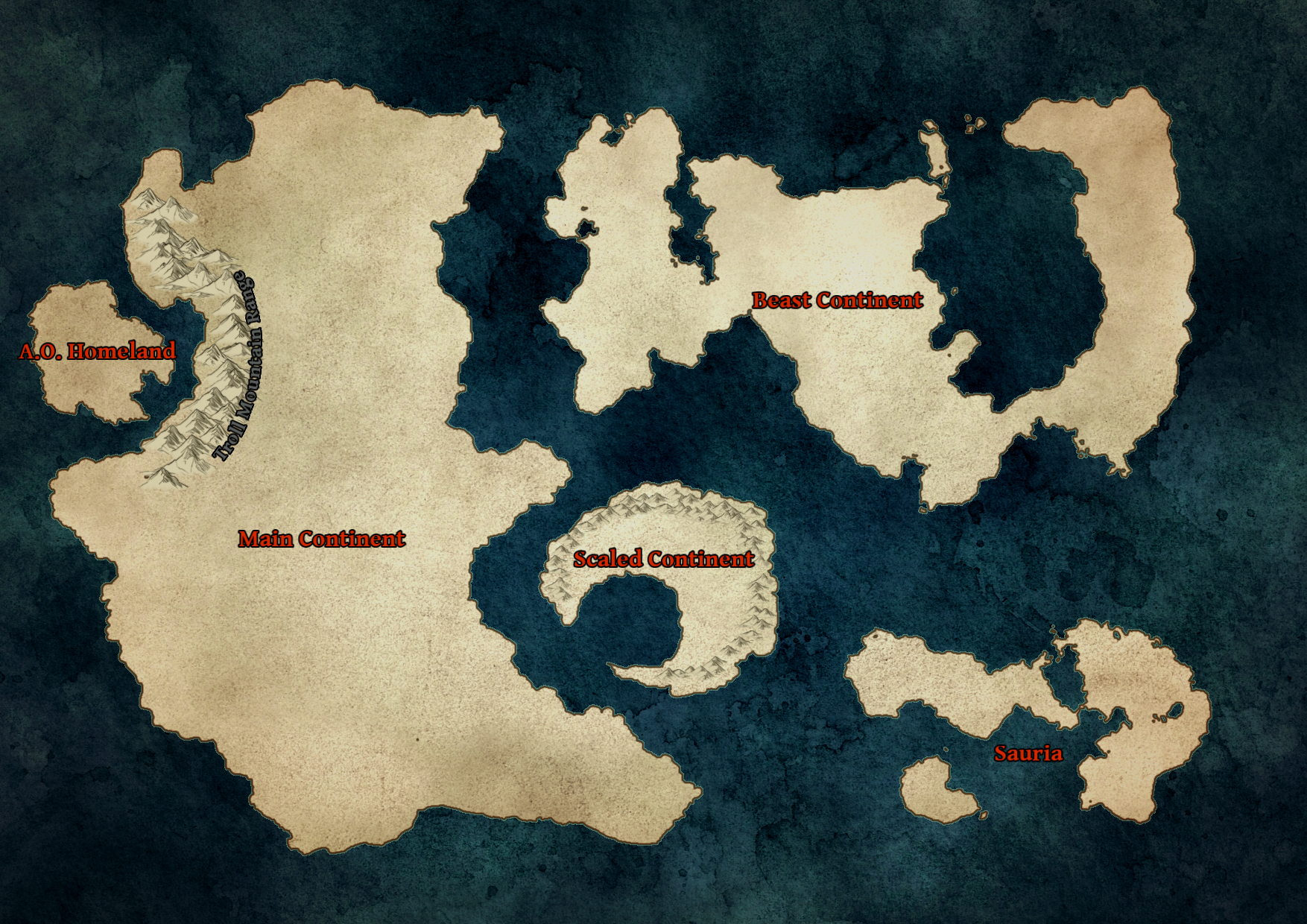Unicorn
Considered to be beautiful, and magnificent.
Basic Information
Anatomy
While traditionally classified as an equine, there has been recent debates on whether or not they should be classified as a bovid instead due to their cloven hooves. They have the head and body of a horse, antelope-like limbs, a lion-like tail, and males have a goat-like beard. Females tend to be slightly smaller than males. Their mane and forelock is made of long, silvery hair.
The most striking feature of a unicorn is the twisting, ivory horn that extends from the middle of their forehead. This horn is typically 2ft long.
Biological Traits
Defense
While they tend to only attack is self defense, they are very aggressive when they do, charging at threats and either impaling them on their horn or kicking at them.
Magic
Magical.
Movement
Extremely fast.
Genetics and Reproduction
Unicorns mate for life. Their colts are born with no horn, and stay with their mom until they are nearly full grown.
Ecology and Habitats
Native to temperate forests, they prefer to hang out in open dells or glades. They are very territorial and will defend their territory from creatures that are larger than it.
Additional Information
Social Structure
While typically solitary, they can come together into small herds of six individuals to better protect foals.
Uses, Products & Exploitation
These majestic creatures have sadly been nearly hunted to extinction for their horn, which is said to have magical properties and can counteract poison, used to make powerful healing potions, or used to focus and cast spells. Despite now being legally protected in many areas nowadays, the unicorn is still heavily poached, for many nobility are still willing to pay a high price for their horn.
Some poachers seek out the unicorn not for the money, but for the bragging rights, due to how hard it is to track and hunt one.
It is very rare to successfully capture, tame, and ride a unicorn.
Facial characteristics
Their big eyes can be deep sea-blue, violet, brown, or gold.
Geographic Origin and Distribution
One widespread, their range is now highly restricted.
Average Intelligence
Intelligent
Symbiotic and Parasitic organisms
Surprisingly, most felines will give the unicorn a wide berth.
Conservation Status
Rarely seen. Legally protected.
Average Height
(Shoulder): 5ft
Average Weight
1,200lbs
Average Length
8ft
Body Tint, Colouring and Marking
White fur.
Remove these ads. Join the Worldbuilders Guild



Comments